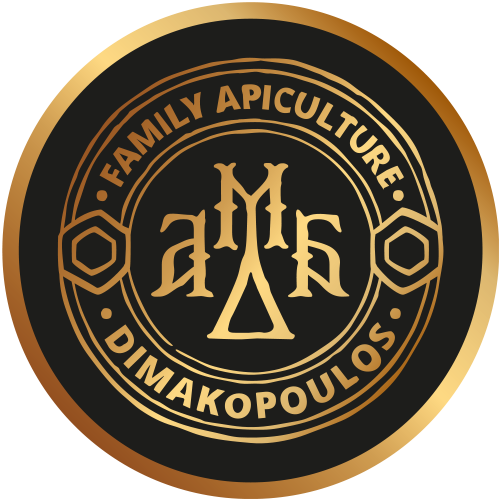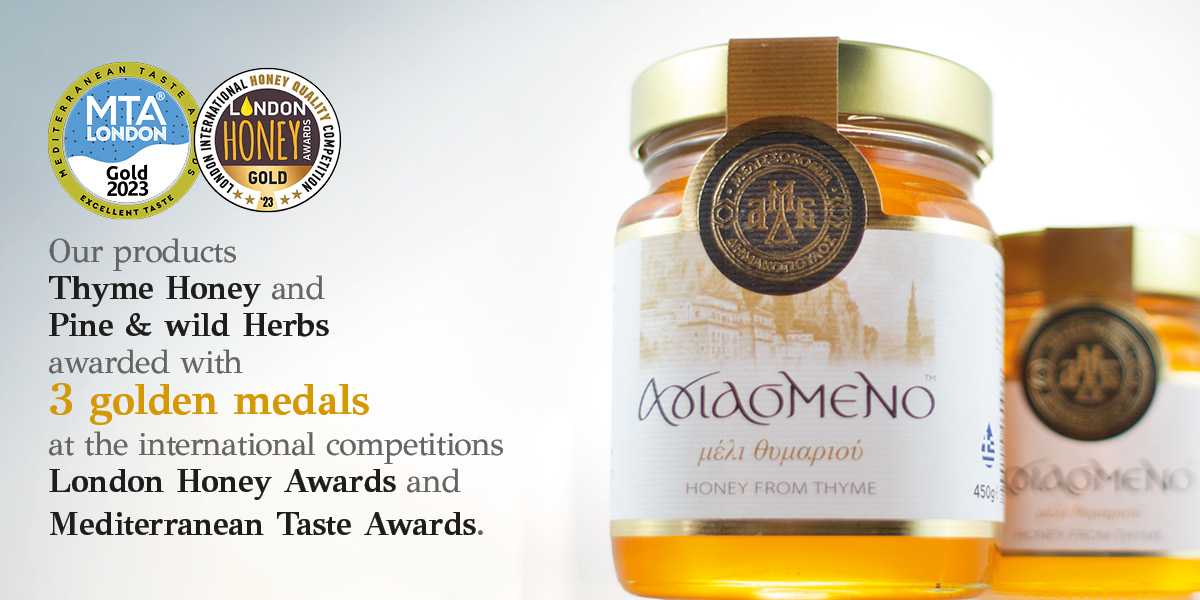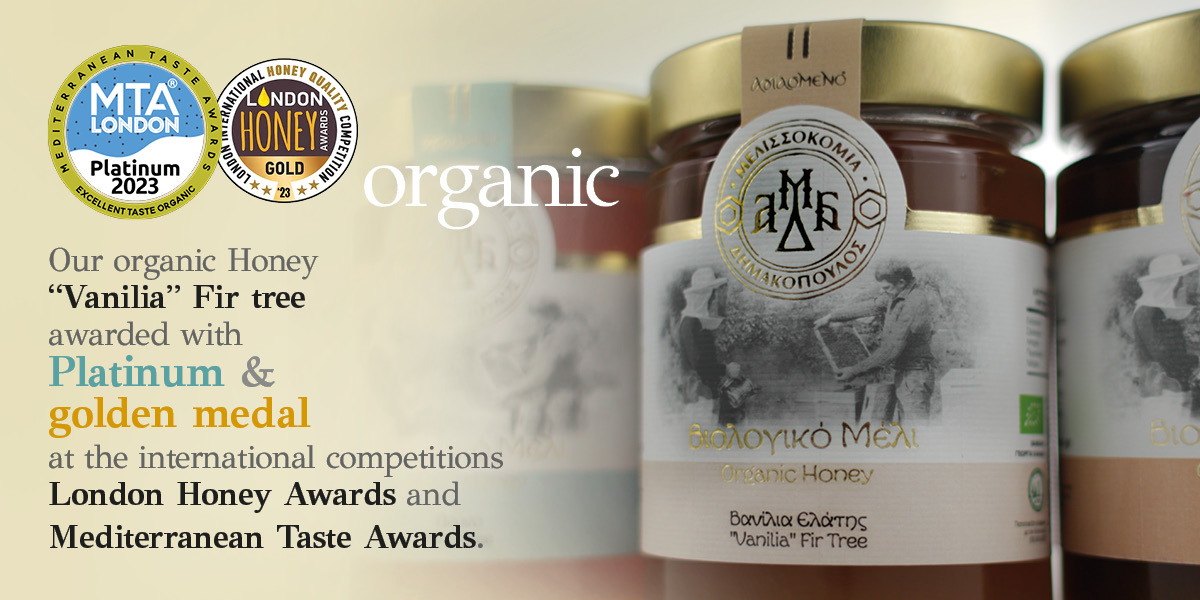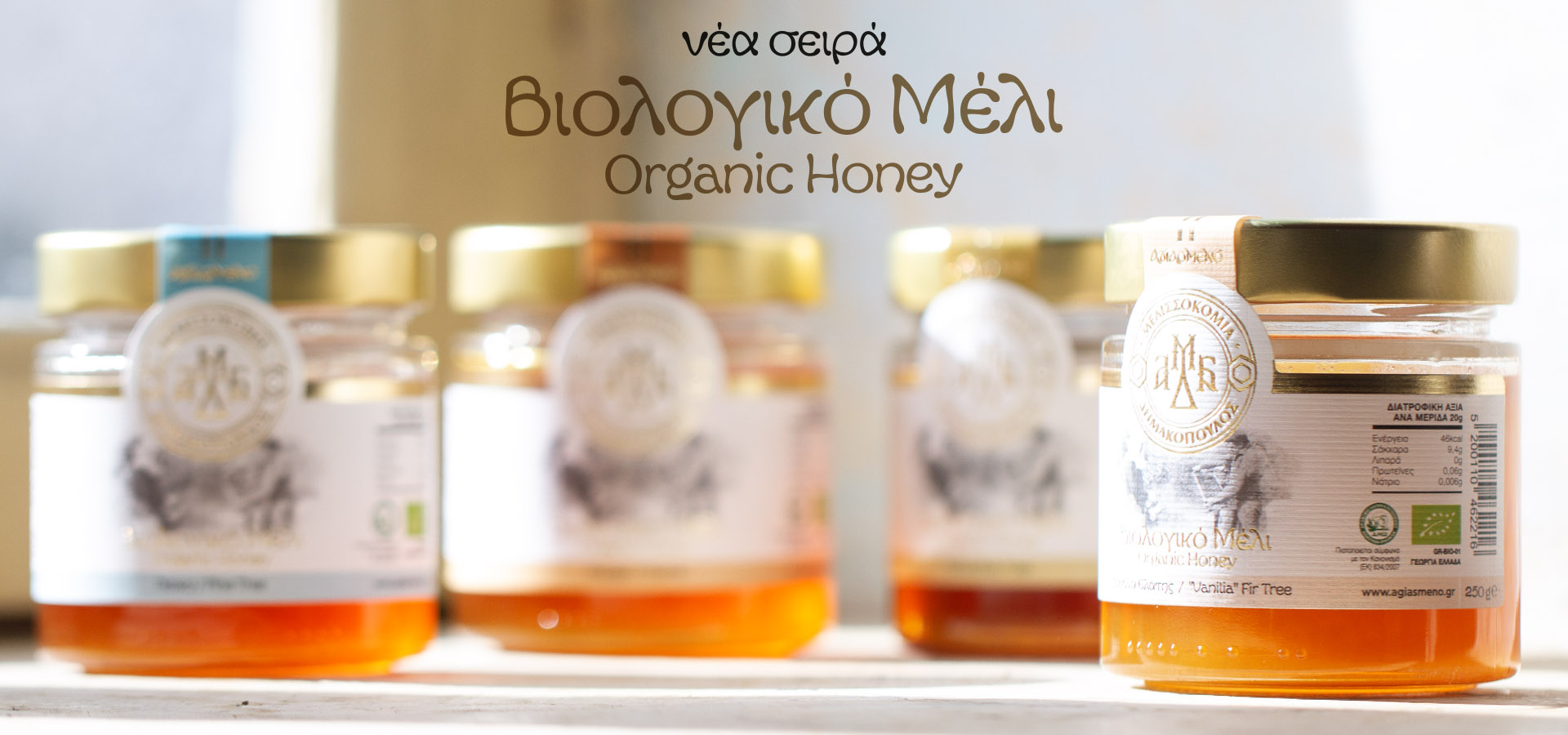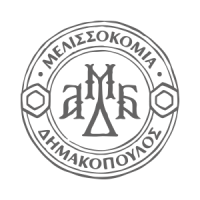The Bee is worshiped as God. It is the nymph, in which Rea gave her toddler the “Cretogenous” Zeus, who nourished him with milk and honey in the Crown of Dictus, while also Bee was also called the nymph who discovered the art of apiculture and the preparation of the watermelon. he taught it to beekeeper Aristaeus, a demigod, who undertook to convey this knowledge to humans. Bee is the food of the father of the gods Zeus, still called Melissus and Melissa, and the watermelon (= nectar) was the food of the Olympian gods.
The Odyssey mentions “Melikraton”, a honey and milk alloy they drank as a nice drink. In addition to Homer, there is a rich reference to the theatrical and poetic works of Hesiod, Pindar, Callimachus, Apollodorus, Euripides, Archelaus, Athenaeus, Herodotus and so on, and by Byzantium to monks and travelers .
Αt the ancient times, honey has many daily uses:
Applehoney. Apples preserved in honey all year long. Honey acquired the characteristic odor of apples. They shared the same recipe with other fruits.
Μelikrato. Honey with milk. Children’s food.
Οximelo. Honey with vinegar. For the treatment of fever.
Hydromelo. Liqueur resulting from alcoholic fermentation of honey.
Oinomelo. Honey with wine. Democritus is said to have lived up to his old age by consuming bread with bread.
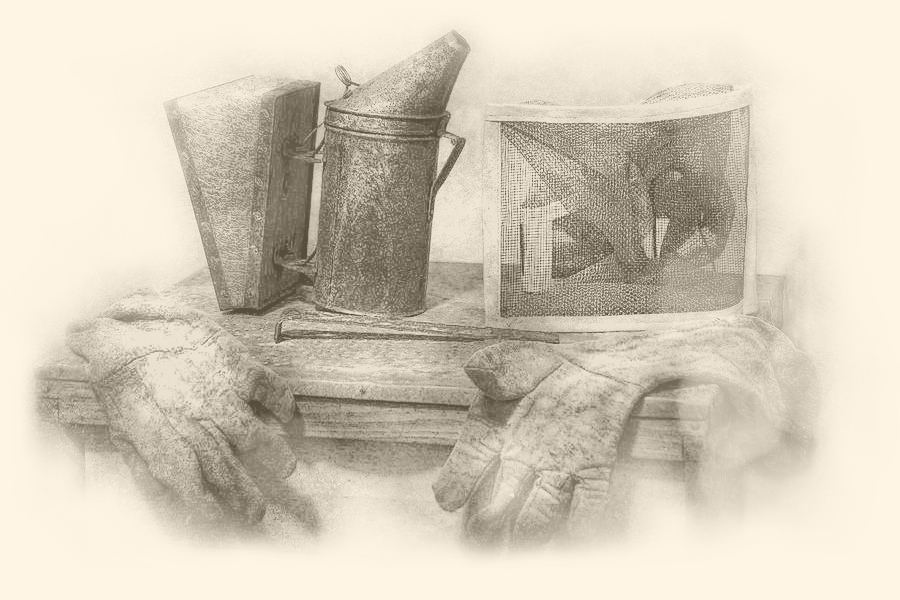
Hippocrates praises the beneficial effect of “ointment” on healthy and sick people, Pythagoras finds that honey eliminates fatigue, while Democritus writes about well-being and longevity due to honey.
In Sparta, educators and teenage soldiers were living in Taygetos for one month exclusively for honey (honeymoon). Beekeeping is done systematically and organized in the form of business. The great Athenian legislator Solon (640-558 BC) preserves laws and regulations that define the distances between apiaries, so that there is no doubt about the ownership of the flocks.
Aristotle builds a glass beehive to see how bees and his writings on “Animal Stories” and “Native Animals” work, and bee society emerges as a model of study and model of function, structure and hierarchy of an ideal state.
Systematic beekeeping has been practiced in Greece since the 15th century AD. century. Organized apiaries exist in Attica, Thessaly, Euboea, Achaia, Arcadia and most of the Aegean islands (Skyros, Kalymnos etc.). Indeed, consumer preferences have been formed ever since. For example, Attica honey, the honey of Ymittos, is highly appreciated, due to the delicate but “vibrant” thyme aroma. Foreign travelers visiting Athens during the Ottoman domination attribute the Athenians’ longevity to the diet “and especially to the honey they eat with mania”.
Indeed, there is evidence to suggest that Athens covered its imports of cereals with honey exports mainly directed to Constantinople and less to London and Marseilles.
It was treated as a natural and healthy product, a necessary element of the diet and not a supplement. From fragmentary information on the composition of the meals of ancient Greeks we see that honey is included in their daily diet either alone, or as a preparation in sauces and various sweets.
The first historical person to appear in the apiary is Aristaeus, son of Apollo and the nymph Cyrene, who was brought up – according to legend – with nectar and ambrosia to become immortal.
In historical times we find texts by Hippocrates, Aristotle and Democritus about the beneficial properties of honey in health and longevity, while Pythagoras and his followers had honey as their main food. They believed it had antiseptic and medicinal properties and therefore used it to embalm their dead. And it is reported that Alexander the Great’s dead body was embalmed in this way.

